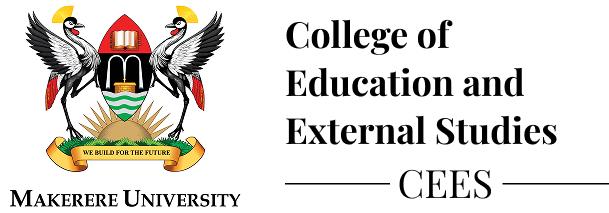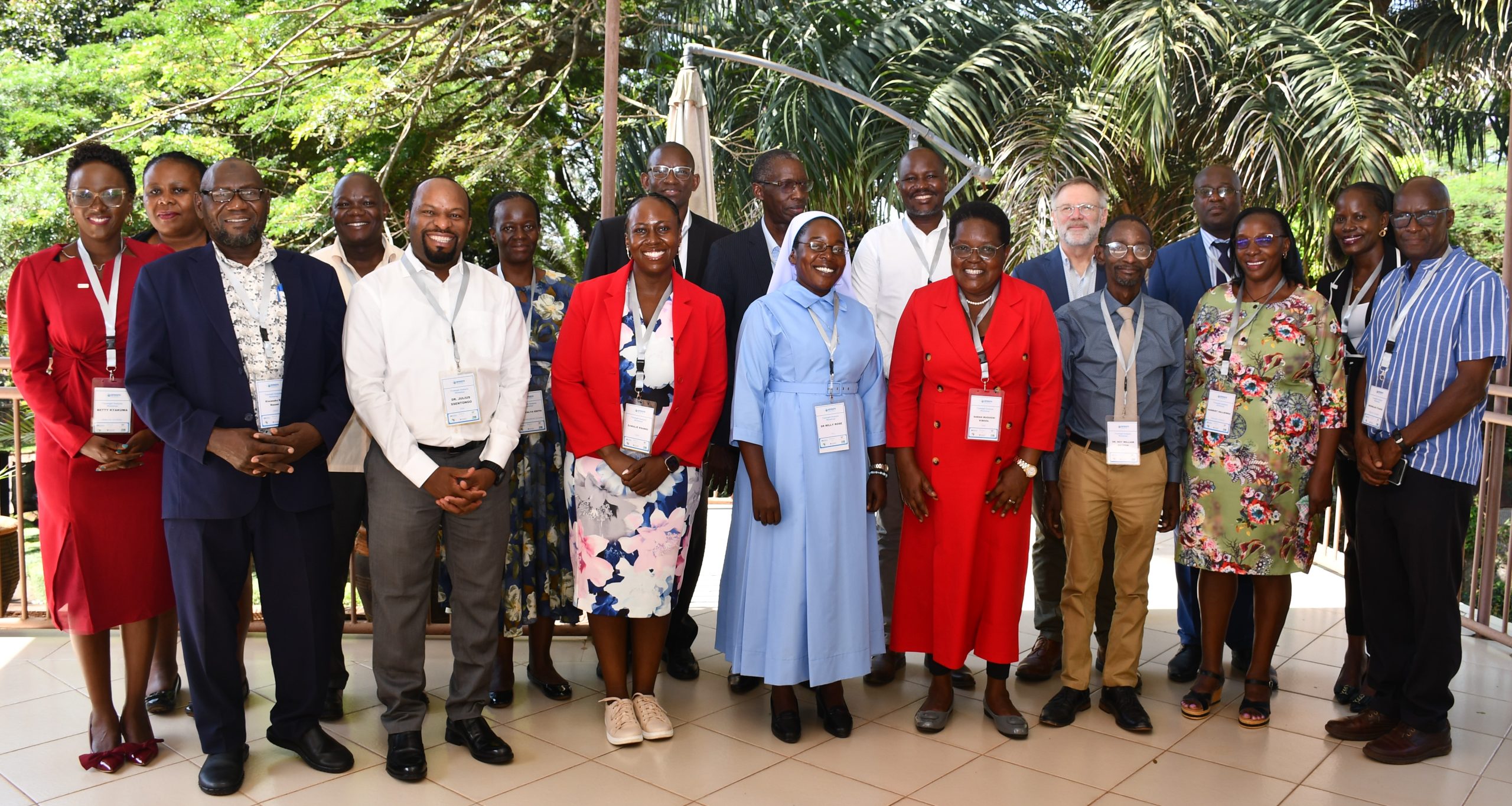The quartet of scholars; Dr Henry Busulwa, Dr Harriet Nabushawo, Dr John Ssentongo, and Dr Allen Nalugwa with members of the research team that translated two resource books into Luganda and Lumasaaba languages pose for a group photo after the dissemination.
Makerere University scholars have translated science terms into local languages to ease learning of the students in lower primary classes.
The scholars include Dr Henry Busulwa, Dr Harriet Nabushawo, Dr John Ssentongo, and Dr Allen Nalugwa.
The quartet conceived the idea of translating learner’s materials in 2020 after conducting research that showed that there was decreasing interest and performance by learners in science subjects.
They (scholars) therefore translated two resource books into Luganda and Lumasaaba languages following the thematic curriculum of lower primary to help learners easily grasp the content taught when they reach primary four. The lower primary curriculum directs teachers to teach children in their mother tongue from primary one to primary three and start learning in English only when they reach primary four.
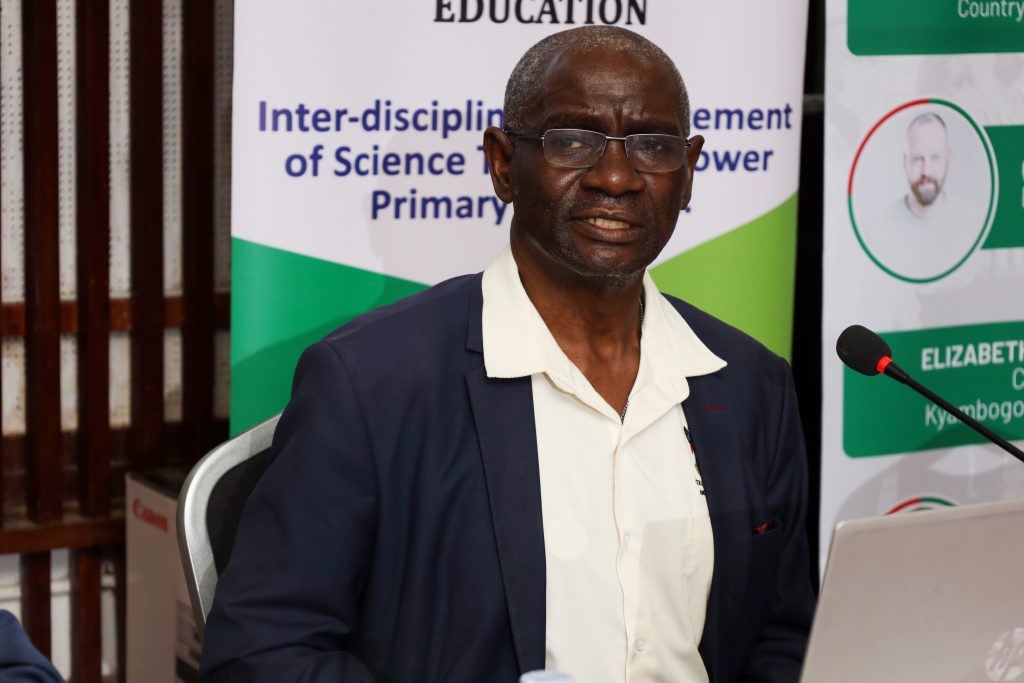
Dr Busulwa, the Principal Investigator of the project found out that between 2015 and 2019, less than 5000 pupils got distinctions in science and over 1000 children failed completely.
“This is because these children are not given a chance to learn most of the terms in their mother tongue. They may be knowing something in English but cannot translate it to their local language which is not right,” he said.
The scholars therefore conducted research in a project dubbed “inter-disciplinary enhancement of science education in the Uganda Primary thematic curriculum”, a project funded by the government of Uganda through Makerere University Research and Innovations Fund (Mak-RIF).
The innovators interacted with teachers, learners and elderly persons in Mbale, Manafwa, Mpigi, Lwengo, and Masaka districts to give them the suitable terms for the science terms.
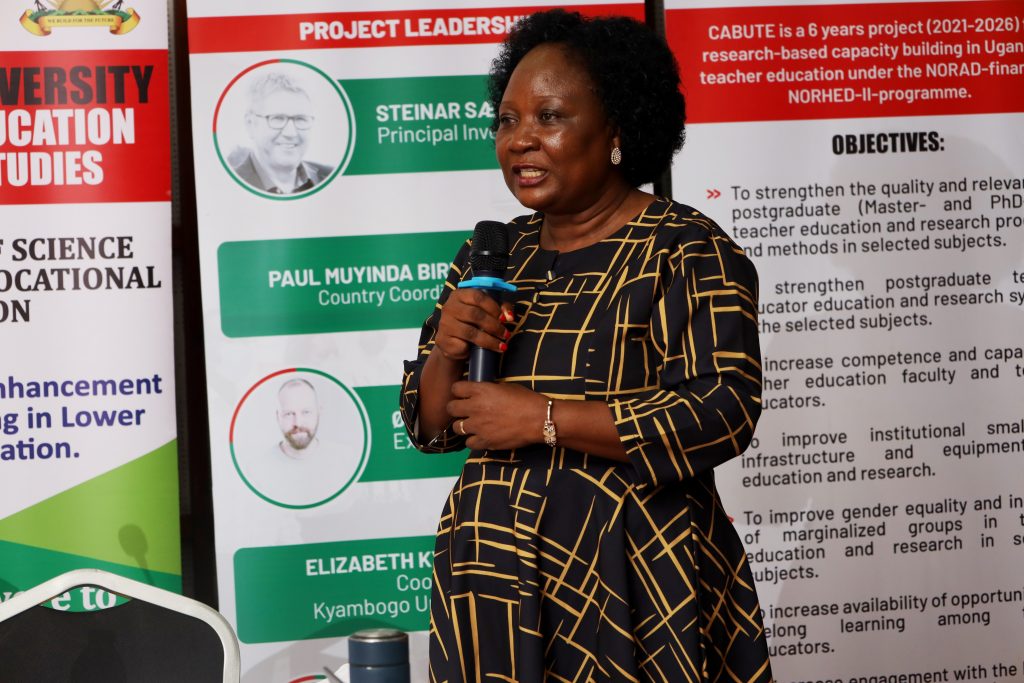
“We sampled 24 thematic curriculum teachers, 24 elders and used instruments like questionnaires and Focused Group Discussions. We were however surprised to find out that at least 80 percent could not translate science terms into their mother tongue,” he noted.
The scholars also found out that there is no science subject in lower primary, they rather incorporate different terms in Literacy I and Literacy II subjects.
Out of the teachers who teach lower primary, the study revealed that very few teachers from the sample taken have taught for over four years.
He further explained that schools in the villages use local languages a lot unlike those in urban centers which do not follow the thematic curriculum.
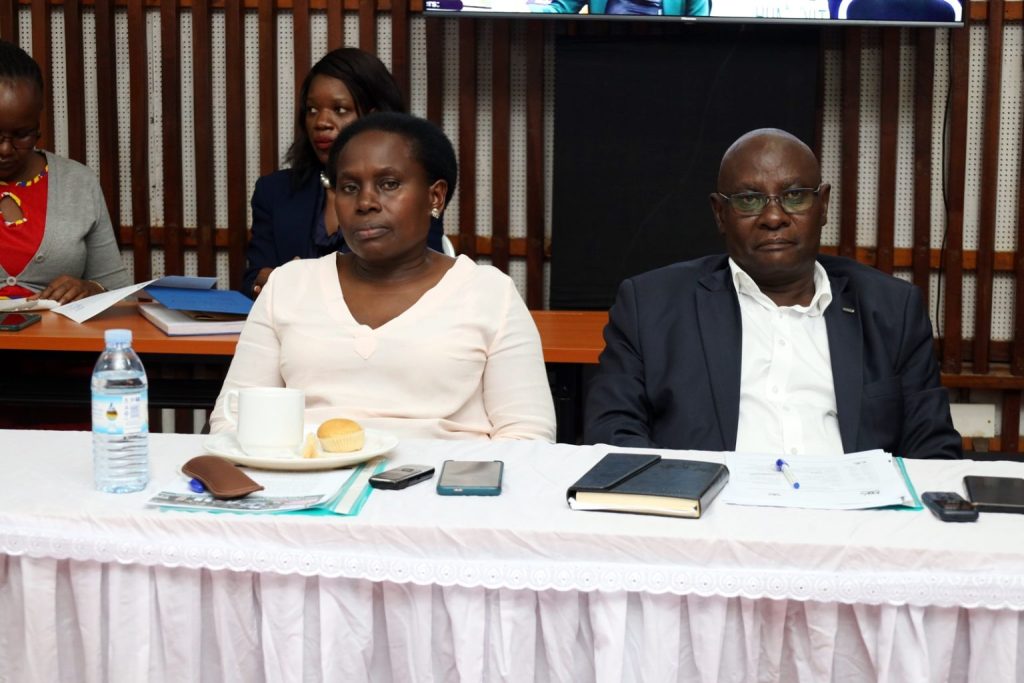
“Many teachers are relatively young and they can’t teach in local languages. A good percentage of teachers could not articulate the science in the themes and yet some were not comfortable teaching science in local languages,” he added
The books will help teachers to teach science comfortably without struggling.
Prof Anthony Muwagga Mugagga, the Principal of the College of Education and External Studies, lauded the principal investigator for having pulled through the project saying, “Last year, many Biology students in the country failed. We look at the failure of science students at Advanced level as having stemmed from primary school because students do not understand the meaning of what they study.
He added: “Abroad, science is taught in their mother tongue for example Britain, where their mother tongue is English. Your study does not only solve the problem of teaching science but also medicine. We have lost a lot of medicine because we don’t know about them.”
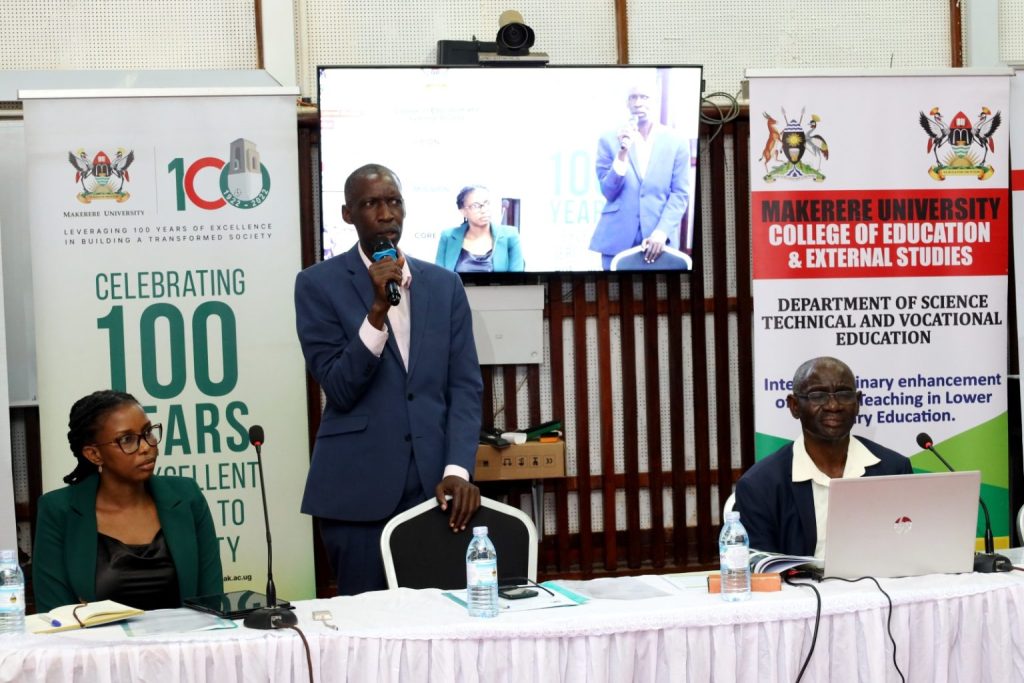
He thanked the team of scholars for rejuvenating the traditional learning and noted that their intervention at a lower level will make things better.
Ms Lovenance Napokoli, a teacher from Mbale who helped researchers in developing the Lumasaaba book noted that the book will be useful to the learners and teachers since it translates words from a local language to English.
“Many teachers have been finding it difficult to teach children because they don’t understand what they teach in their mother tongue. The innovation is therefore timely and it will help teachers in conveying what they teach to learners.”
Mr Michael Ssonko, the representative from Wakiso district noted the challenge they have is that elders who used to teach science had better knowledge than the people currently teaching science and noted that current learners are not getting the information required.
Ms Gloria Naggayi, the Research Support Officer who represented the Grants Management Committee said the innovation has a foreseeing impact on the education sector and if they are taken up by the Ministry of Education a lot will be changed.
The resource books are designed following the thematic curriculum of lower primary and if the government provides more funding to the project, the materials will be replicated into other local languages.
The National Curriculum Development Center (NCDC) asked the scholars to digitalise their resources such that it can be read by many people.
Dr Deborah Magera, the representative of NCDC noted that children can only understand science concepts in the language they understand.
